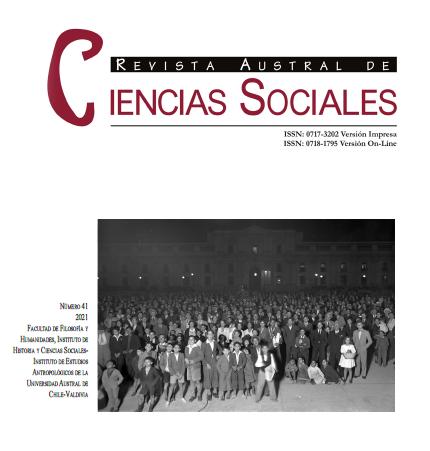The Household Dwelling of Indoor Domestic Mapuche Women Workers: Reductional Architecture, Porous Spaces, and the Gaps of Beauty
Main Article Content
Abstract
The text is the result of a collaborative investigation that reflects on the household habitation of indoor domestic workers belonging to the Mapuche people. Based on the micro-historical experience of two Mapuche women, we reflect on a mode of spatialization identified as part of a colonial continuity-the “indoor reduction”. We point out that the “reduction”, typical of the process of territorial dispossession that the Mapuche people suffered in the second half of the 19th century, is a colonial experience that structured their ways of living in the 20th century. This is even more so among Mapuche women, who were inserted product of rural-out migration in racialized networks of labor in the city of Santiago de Chile. Along the same lines, we problematize power relations from a sensitive geography, which locates domestic living as a territory crossed by negotiations and resistance. Finally, we analyze how all this is expressed in the meanings given to certain objects present in domestic living.

